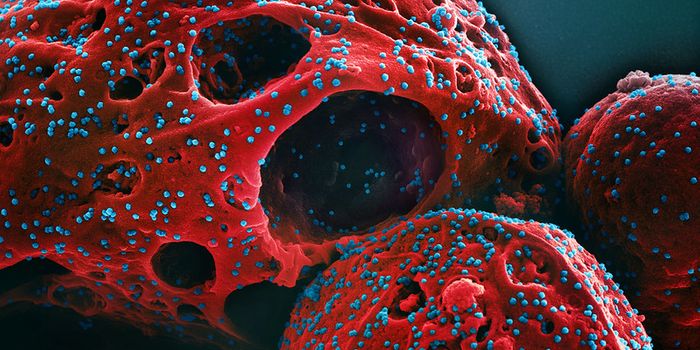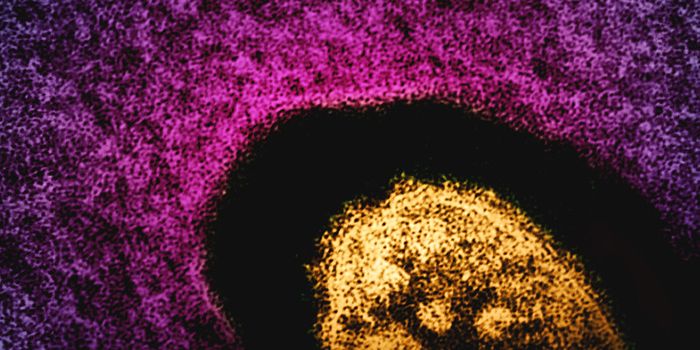An Emerging Threat: The Jamestown Canyon Virus
There are few ways to prevent mosquito-borne diseases other than avoiding mosquito bites. These pesky insects don't only cause irritating, itchy bites, they are well known for spreading many illnesses, including West Nile virus, dengue, and malaria. The little-known Jamestown Canyon virus (JCV) is now also posing a threat. While most cases have occurred in New York, Michigan, Minnesota, and Wisconsin, the virus has appeared in almost all other US states and in Canada. It also only causes a an average of seventeen cases every year, but there could be many more cases that go unreported because the symptoms are not serious.
"In the last six years, we have seen an increase in the number of reported disease cases," said Stacey Martin, an epidemiologist with the US Centers for Disease Control and Prevention (CDC). But, "increased awareness and testing may have also led to this increase in case rates.
Most people who are infected by JCV don't experience any symptoms, the CDC notes. However, around half of the people who have confirmed JCV infections have to be hospitalized. After an incubation period of a few days to two weeks, symptoms including fatigue, headache, and fever can emerge. They may be accompanied by a cough or shortness of breath. More severe, neurological disease can also occur, which can lead to infection in the brain (encephalitis) or membranes that surround the brain and spinal cord (meningitis). Patients with this condition may have seizures or difficulty speaking.
Researchers and clinicians are becoming more aware of the disease and it is getting increasing attention. Studies have shown that about 20 percent of the residents of Nova Scotia, Canada carry antibodies to JCV, which indicates that they have been exposed at some point.
Deer and mice are a reservoir for the virus, and when mosquitoes bite infected animals they become carriers that can spread it to people, explained Dr. Bruce Hirsch, an infectious disease specialist at North Shore University Hospital. People who are bitten by an infected bug should not be concerned because the disease does not usually cause illness, added Hirsch.
"Very, very occasionally, and very, very rarely it causes serious health issues," he noted. "Most of us who have been in contact with this virus don't even know it," Hirsch said.
Even encephalitis is not usually fatal to those who experience it, but long term consequences including thinking problems can occur. There is also no treatment for JCV and no preventative vaccine.
It's another reason to avoid mosquito bites with repellents or clothing that covers arms and legs. Mosquitoes also tend to be most active at dawn and dusk. Standing water is breeding ground for mosquitoes as well, so removing or covering items that hold water outside your home can help reduce bites. Most cases happen from late spring to mid autumn, according to the CDC.
Sources: Medical Express, CDC









